The slow pace of the European Union's enlargement process is unacceptable and shameful, Hungarian Prime Minister Viktor Orban said in Tirana on Friday, after holding talks with Albanian Prime Minister Edi Rama during an official visit to Albania.
He recalled that it took 13 years for Albania to start accession negotiations with the EU.
It is only in the Balkans where Europe will find economic growth potential, and maintaining its competitiveness calls for the speeding up of the region's integration
Viktor Orban said, reaffirming that Hungary continues to strongly support Albania's accession process.
The restructuring going on in the global economy seriously affects Europe, pointing to the European region's weaknesses and its deteriorating competitiveness on the global stage, Hungary's premier said. In this context, the integration of Albania and the Western Balkans should be seen as an opportunity, he added. Currently, it is Central Europe that is sustaining the European Union's dynamism, he noted.
The European region needs to be strengthened both in terms of its economy and security, he said.
In Western Europe, however, there remains a lack of conviction that enlargement promotes integration, so the issue must be kept on the agenda, and more work should be done for Albania's EU membership,
Mr Orban pointed out. He said Hungary supports the idea that by 2030, the level of funding from the European Union's Cohesion Fund should proportionally reach the same level as that of former accession countries. Hungary's government has also welcomed the proposal that EU membership should not be a precondition for a country to join the Schengen area, he added.
During his official visit in Tirana, Hungary's prime minister also met Lindita Nikolla, speaker of Albania's parliament.
During the visit the Hungarian and Albanian delegation signed a number of cooperation agreements, covering water industry and water management, among other fields, and European integration. Minister for Foreign affairs and Trade Peter Szijjarto and Economic Development Minister Marton Nagy were also members of the Hungarian delegation. A joint economic committee set up by the two governments has been in place for ten years.
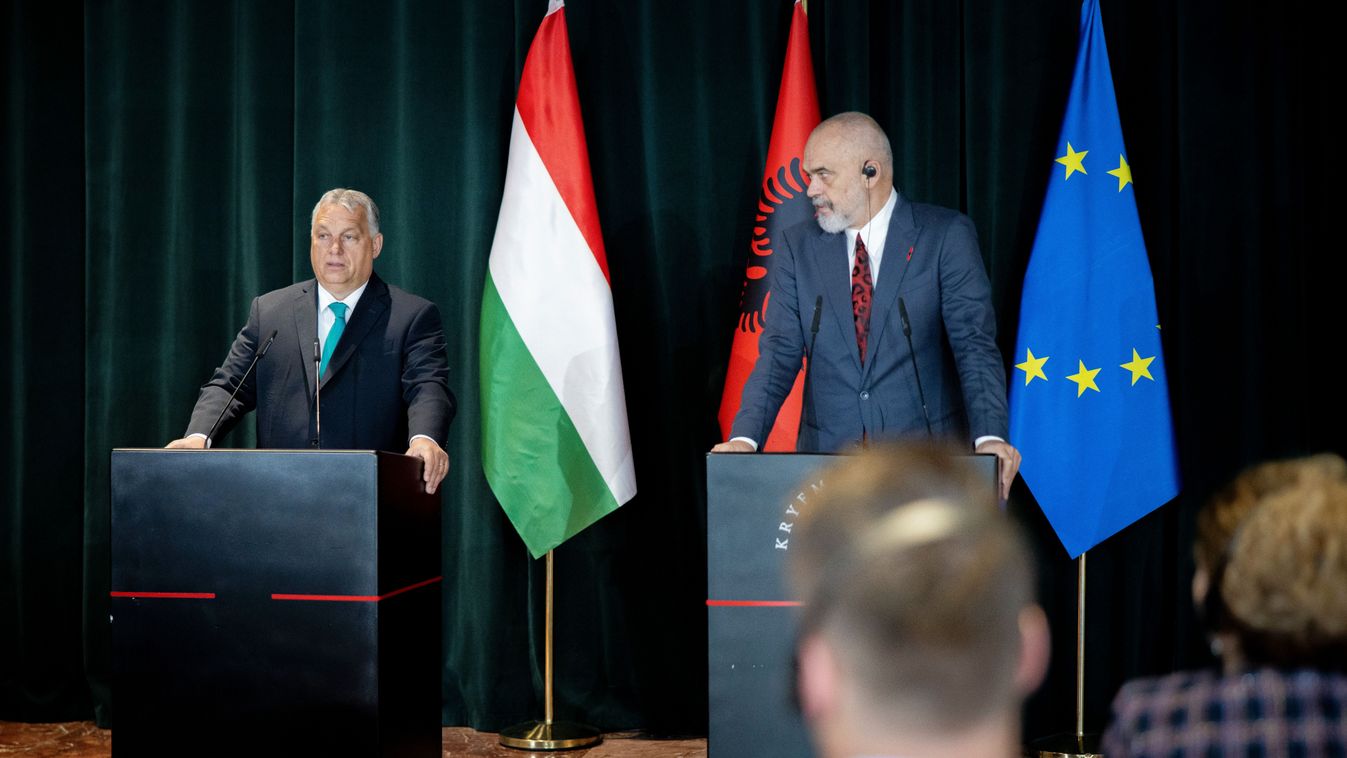
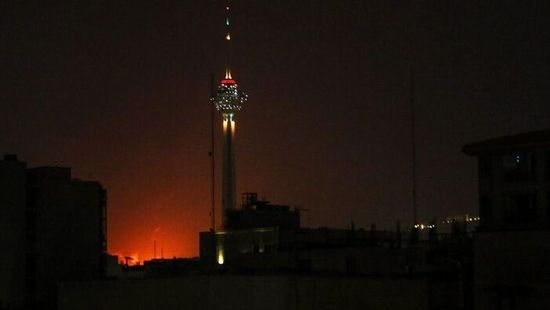
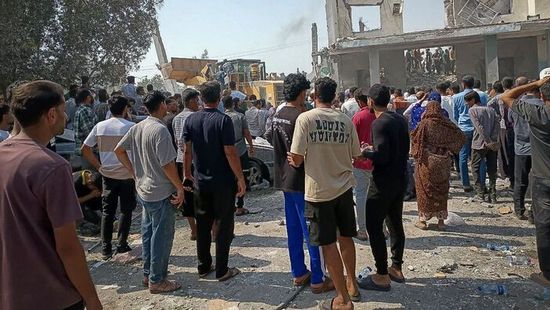
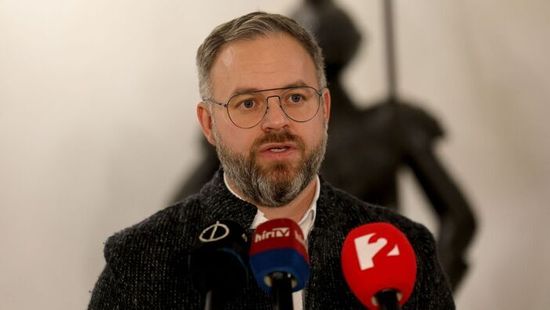
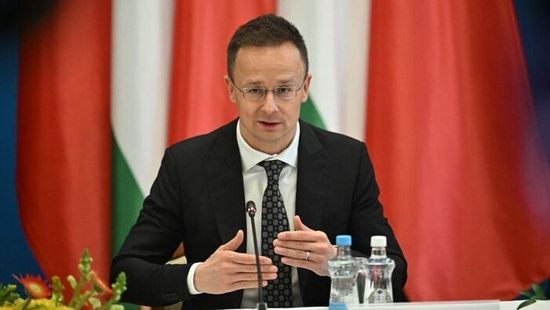

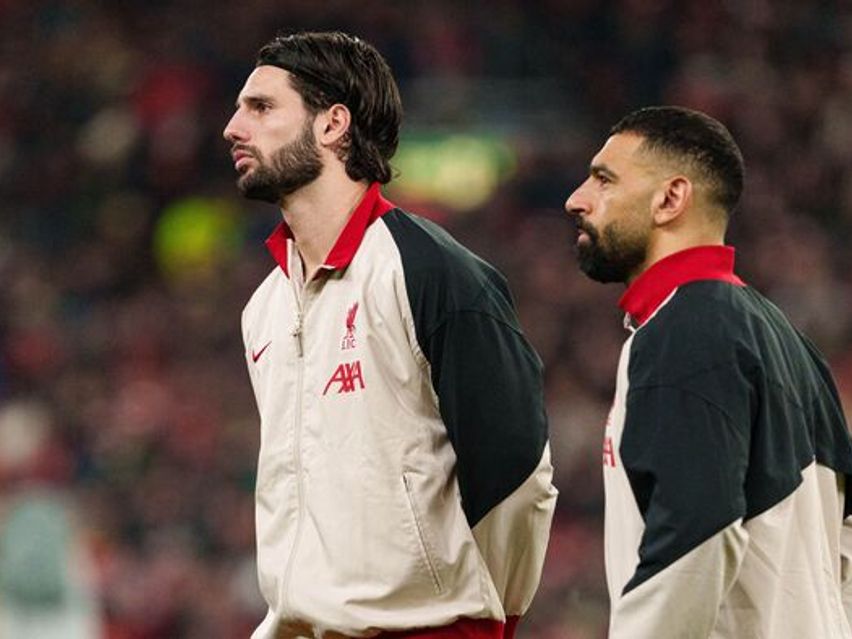
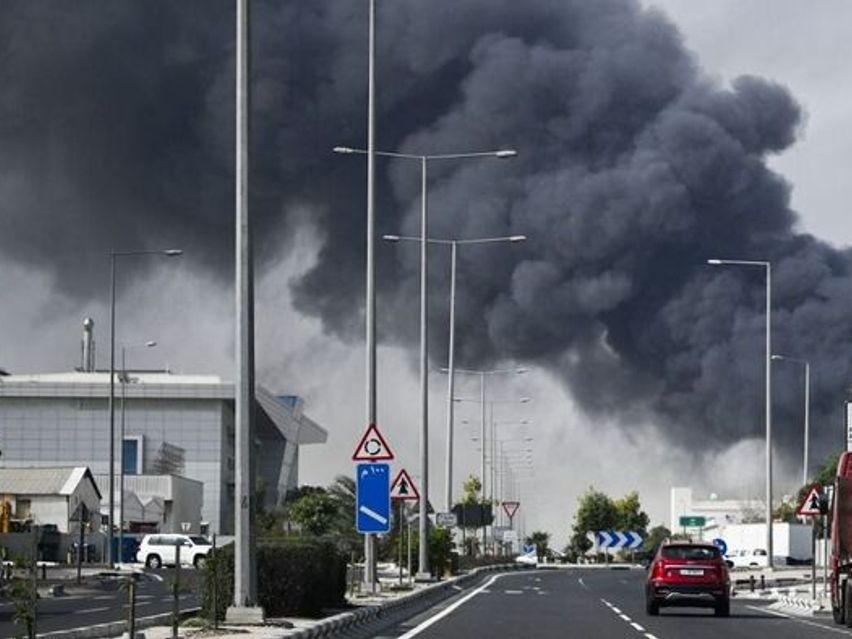
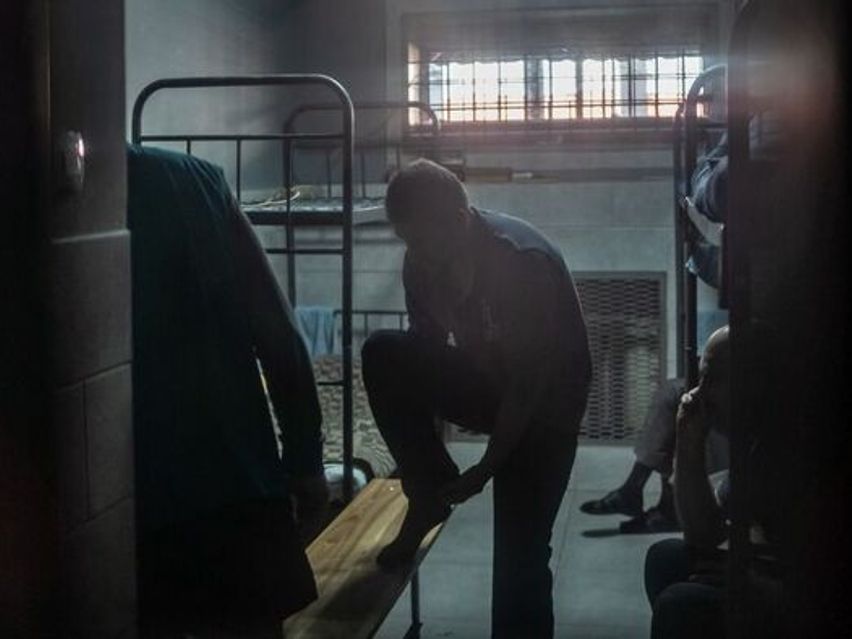
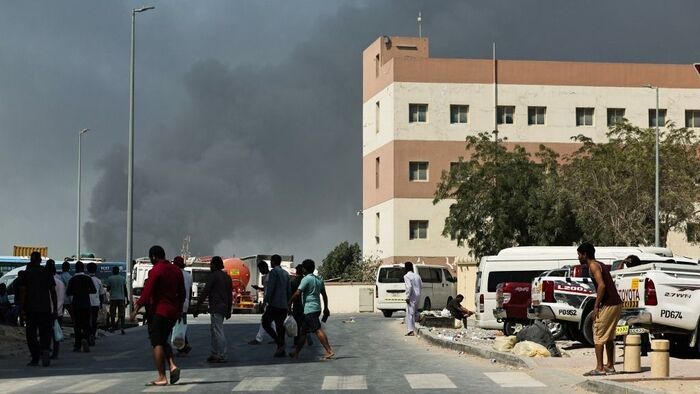

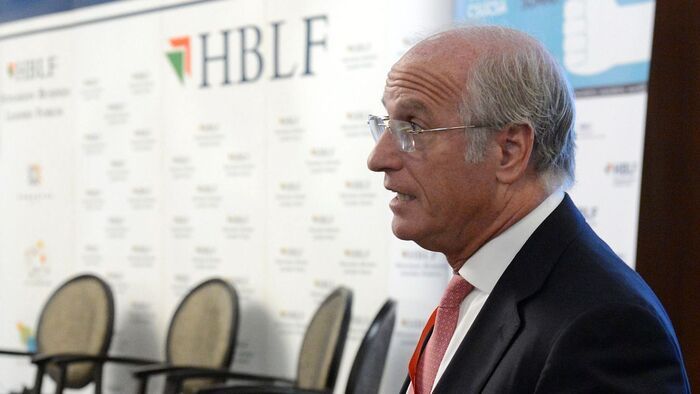
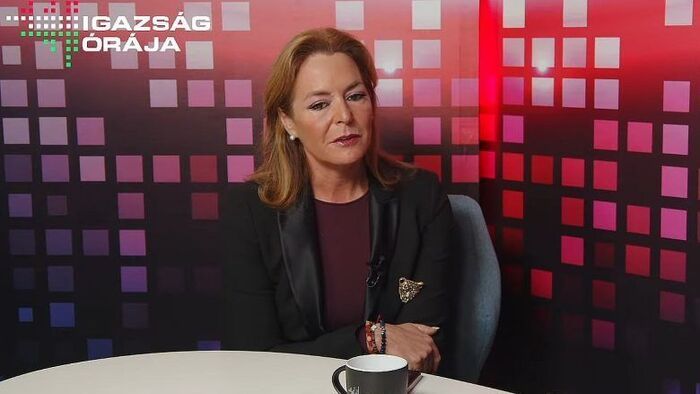
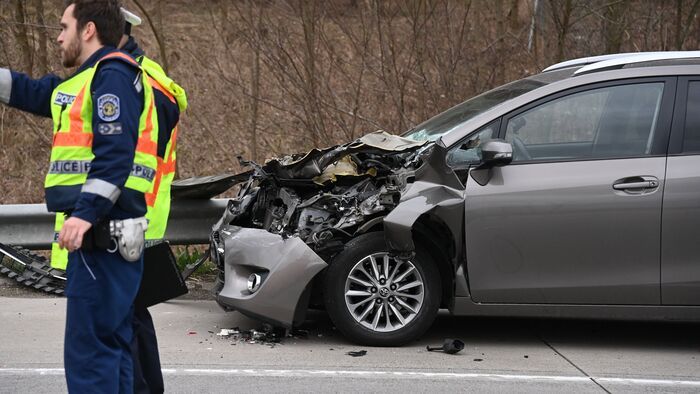
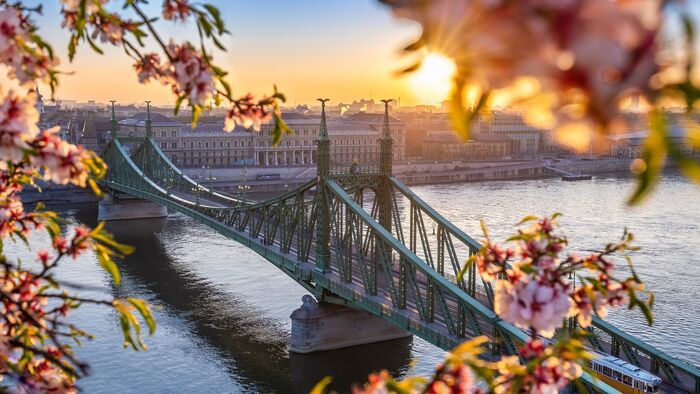
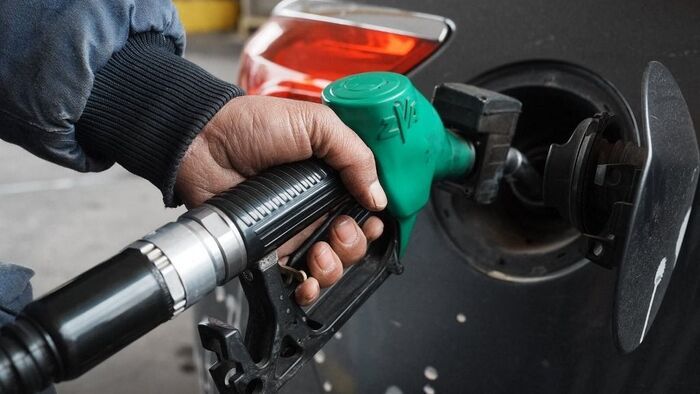
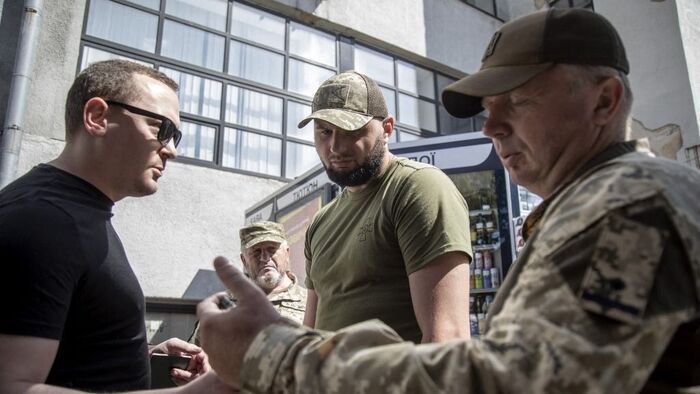
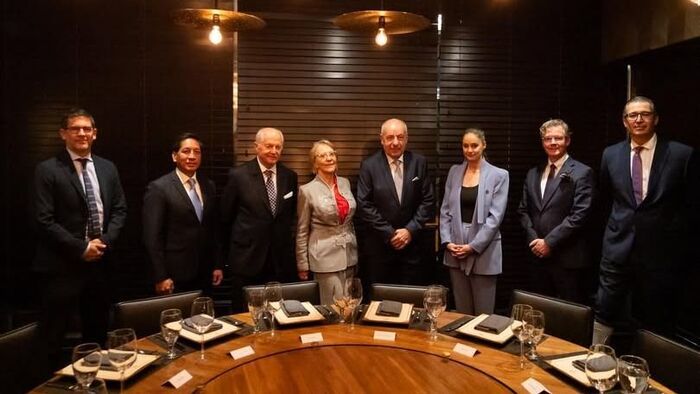

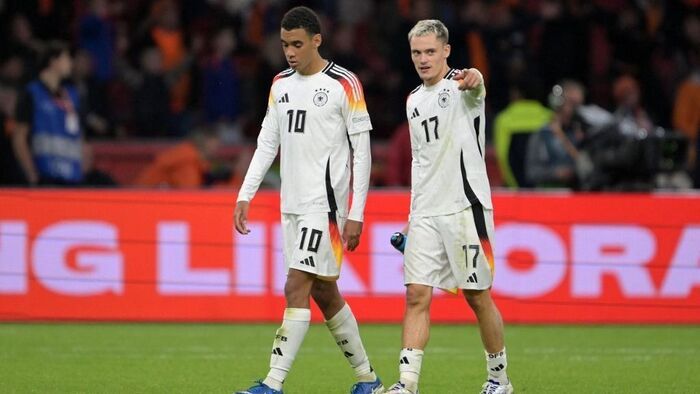



Szóljon hozzá!
Jelenleg csak a hozzászólások egy kis részét látja. Hozzászóláshoz és a további kommentek megtekintéséhez lépjen be, vagy regisztráljon!